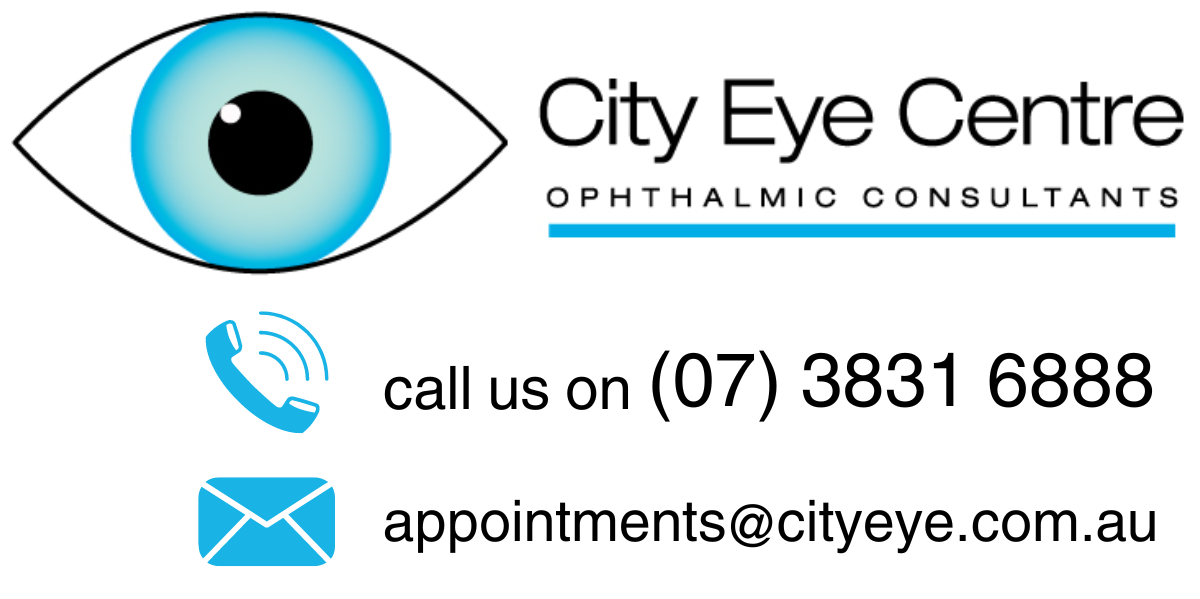INTRAVITREAL THERAPY – MACULAR DEGENERATION TREATMENT BRISBANE
City Eye Centre specialises in the latest intravitreal therapy for age-related macular degeneration, retinal vein occlusion and diabetic macular oedema. Dr Lawrence Lee has had many years of experience administering sight-saving eye injections using effective anti-VEGF drugs such as Eylea and Eylea HD with great success.
We are fully equipped with the latest diagnostic technology such as high-resolution OCT scan, OCT angiography and ultrawide-field angiography. This is a key part to accurately assess and monitor your eye condition during the course of intravitreal therapy.
What are Intravitreal Injections Used For?
Intravitreal injections have become the gold standard for treating many retinal diseases. These include age-related macular degeneration, macular oedema and vein occlusions.
Age-Related Macular Degeneration
Anti-VEGF intravitreal therapy with Eylea and Eylea HD has been very successful in treating macular degeneration. We remain at the forefront of new research developments in the treatment of macular degeneration and aim to apply new treatments as soon as they become available.
Early diagnosis of macular degeneration is important. Prompt treatment of neovascular (wet) age-related macular degeneration with Eylea or Eylea HD gives enormous potential to restore and maintain your vision. These anti-VEGF drugs are aimed at reducing the neovascular membrane causing leakage at the macula.
Are Eye Injections Painless?
Intravitreal injections are performed at City Eye Centre using topical and local anaesthetic. This makes the procedure as pain free as possible. Dr Lee and our ophthalmic nurses place great importance on putting you at ease and making you as comfortable as possible during the procedure.
How Long Do Intravitreal Injections Last?
Generally, treatments are performed monthly in the initial loading phase. They are extended to every 6 to 8 weeks once the condition stabilizes (maintenance phase). You are treated with an individualized dosing strategy as part of your treatment plan. Long-term treatment may be necessary to maximize and maintain your vision. With the newer Eylea HD, some patients are able to maintain their vision with an injection every 3-4 months, making the intravitreal therapy more manageable.
How Long Does It Take For the Eye to Recover From an Injection?
Occasionally, side-effects such as post-procedure pain and redness can occur. When this occurs within 24 hours after the injection, it is usually related to ocular surface irritation. It responds to frequent lubricants and topical antibiotics. If pain persists or vision changes, it is important to contact us on 07 3831 6888 as soon as possible. Side-effects such as infection, increasing floaters, uveitis, vasculitis, cataract, retinal tear, retinal detachment, and recurrent retinal haemorrhage are rare. But these risks are important considerations in intravitreal therapy.
Retinal vein occlusion (RVO) is a thrombosis of the retinal vein causing loss of vision and macular oedema. We have noted excellent results with prompt treatment with anti-VEGF therapy in line with clinical trials. It is important to have a GP monitor your blood pressure which can be associated with RVO. We treat all types of RVO including central and branch retinal vein occlusions. Intravitreal therapy plays a key role in the treatment of RVO.
Diabetic macular oedema is a common cause of vision loss due to fluid buildup at the macula in patients with diabetes. It responds well to anti-VEGF treatments. We also use Ozurdex (dexamethasone) with great success in some cases. Ozurdex treatments are usually performed every 4 to 6 months. Proliferative diabetic retinopathy is a severe form of diabetic retinopathy. Treatment requires PRP laser surgery and/or a vitrectomy. Adjunct anti-VEGF therapy is also useful as part of comprehensive treatment.
Do you have questions or concerns about your eye health or a specific eye condition? To discuss, please contact City Eye Centre for more information.
